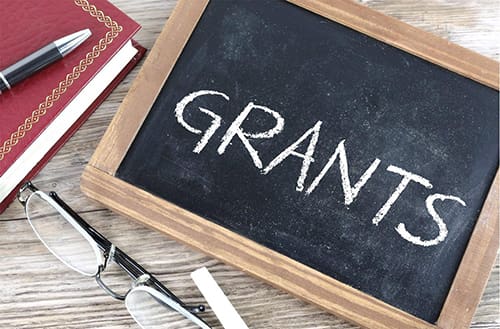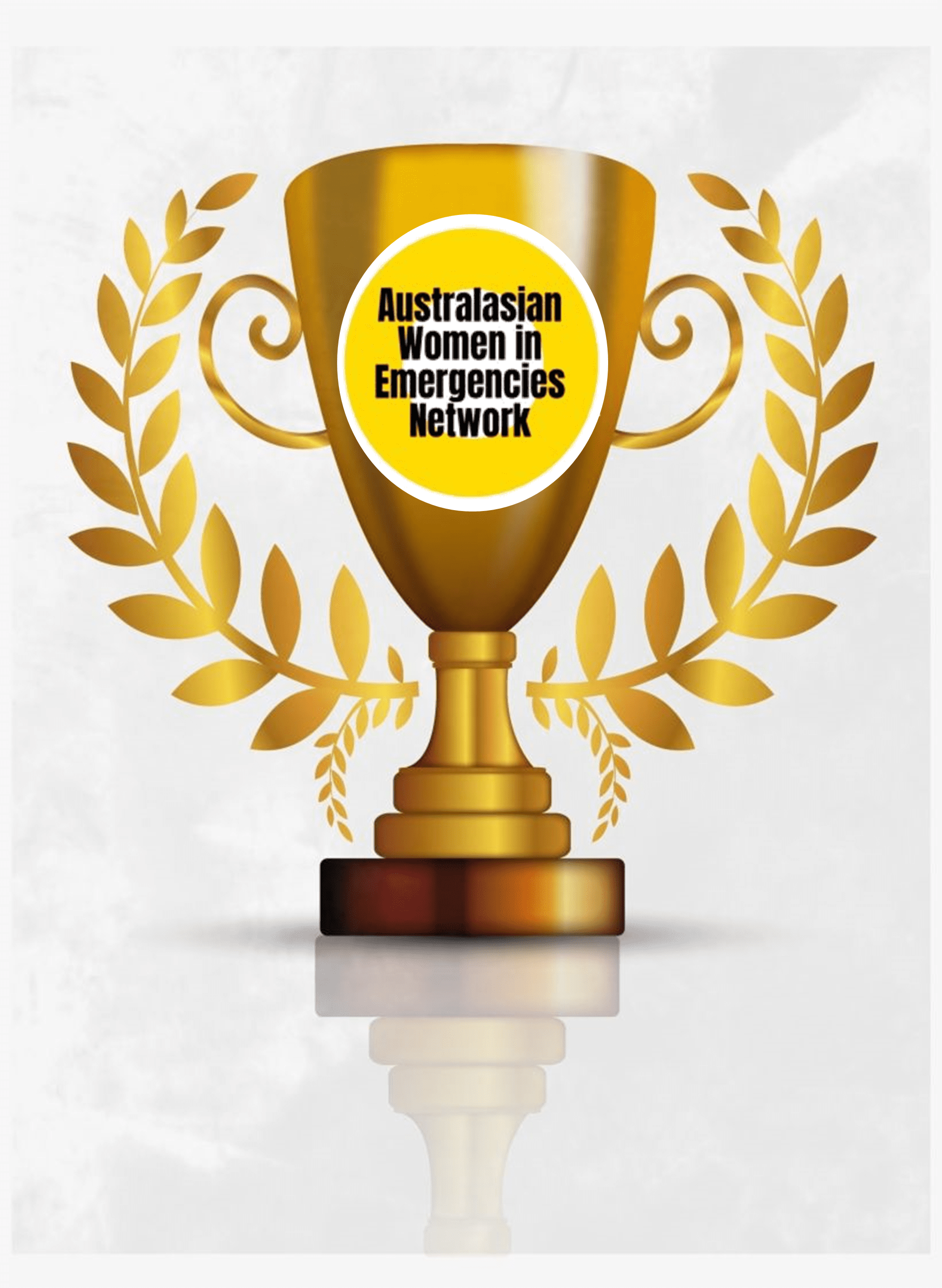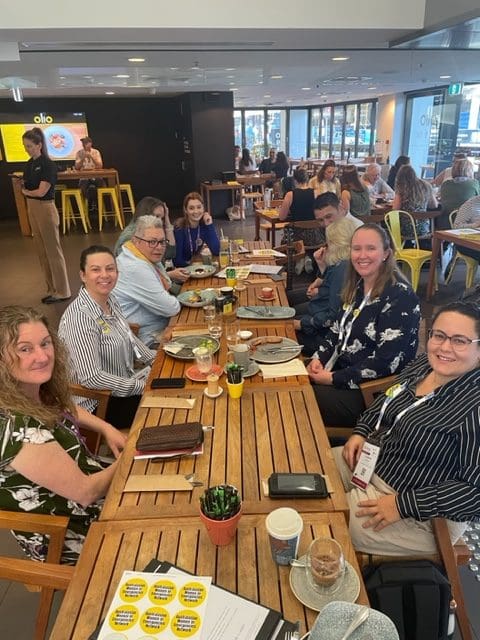Q: Grants and funding applications.
I have not had much experience applying for grants and I have been asked to look at what’s available and apply for some grants for my organisation. Do you have any tips, tricks, hacks or secrets that you’re happy to share regarding applying for grants? Thank you
Grants can seem like a daunting undertaking, but with just a little research and preparation, you will be well on your way to winning your first grant.
It’s important to find the right grant for your organisation. If you are small and have minimal staff or experience, the last thing you want to be doing is burdening your volunteers with managing a large grant with onerous acquittals and reporting requirements. The good news is that many small philanthropic, local council, or community clubs provide grants for smaller projects that could be just the fit.
A good starting point is to do some planning – what is it that you want to do that you need the money for? This will help you narrow down which grants to apply for.
Planning
Get planning!
Plan your project – who, what, when, where, how, why, and how much. If you can get your head around this, writing your grant will be so much easier.
- Who – Who are you trying to help? This could be a targeted group of the public, club members, businesses, youth, or students.
- What – What are you looking to do or build? Remember to be specific
- When – When do you want to do it? Include the start and finish times
- Where – Location, and do you own it, have a lease, or have access? If you have a lease or want to complete the project on someone else’s land, get permission in writing from the lessor / owner prior to lodging the grant.
- How – How will you deliver the project? Include any consultants, contractors or volunteers.
- Who- Who will be responsible for key tasks? Consider whether you need any approvals
- Why – Why do you need it? Clearly state the problem are you trying to overcome. You will need evidence to back this up – use data and letters of support. Letters of support will be very helpful but don’t leave this to the last minute. People need time to get to your request and maybe dealing with several requests for exactly the same grant program, so get in early.
- How much – How much will it cost? Make sure you’ve got quotes or professional estimates. Consider whether you will contribute money or in-kind support such as labour or materials to put towards the project
Finding a grant
Get looking!
Now’s the time to find a grant opportunity that will suit your project.
The Grants Hub has around 1,400 grants listed from government, businesses, philanthropic sources, private donors, trusts, and other providers and is a great place to start.
The Australian government’s Grants Assist and GrantConnect portals have a range of grants, information and advice. Your state or territory government should also have resources, such as Grants Assist in South Australia. Don’t forget to check your local government for any grants available through them.
Many philanthropic organisations provide grants – Philanthropy Australia is a good place to start.
There are many search options that will help you to refine your search for grants. Use key words like grants, your local government area, your project area
Preparing
Get prepared!
Get your organisation’s basic details – most grants will need the following basic information.
- Australian Business Number (ABN)
- Incorporation Certificate or number
- Financial reports (audited or verified if available)
- A copy of your Constitution
- Verification of TCC or DGR status
- GST registration details,
- An organisation mission statement
- Contact details for Project officer, President, Secretary, or Treasurer
- Organisation address
- Social media details
- Bank account numbers
Writing
Get writing!
Before drafting your application make sure you read the eligibility and FAQ carefully to make sure you are eligible.
Along with the information you provide you will need evidence to back up your claims – it’s not enough to make broad claims – you will need to demonstrate the issue and why your project should go to the top of the list for funding. Things to consider include;
- Demographic or population data – this can help show who lives in the community, their wealth, cultural background, employment rates, and key industries. It provides a snap shot of what your community looks like. A useful link is the Australian Bureau of Statistics 2016 Census QuickStats tool. It gives tables of information from the last census.
- Letters of support – These can show what local people, community groups, schools and businesses think about the issue you are addressing and what might be achieved from the project. When you ask for the letter, provide some key points that you will target in your application and what you hope to achieve. These letters also show that your community supports what you are doing, which will help assessors see that your project will be successful because local people want it.
- Photos – These can be a powerful tool in demonstrating the need for something, particularly if you are wishing to redevelop or rebuild something which is outdated or unsafe.
- Planning documents – If you have any planning documents, like a business plan, use it and provide it as an attachment. A good business plan, feasibility study or report should have already addressed the questions in the application. If you’ve got building plans add them in.
Next steps
If you are successful – congratulations! The work isn’t over here.
Generally you will need to sign a grant agreement with the funding body and get it back within a certain timeframe. Make sure you read through the agreement so that you know when you have to have your project completed, and what reports you may need to provide.
Make sure you keep track of your project and document it as you go.
Large projects might require you to provide reports at milestone key points. These milestones are generally based on information you have provided in your application, or are identified in the grant guidelines or grant agreement. Sometimes reaching these milestones will trigger part-payment of your grant funding if it is not paid upfront.
A final report will give you a chance to explain what you did, why you did it, and show how you spent their money. There is usually a form which needs to be completed. During your project make sure you take photos, keep a record of any media promotion you get, and keep a copy of the invoices. These will help you write your final report when it’s due, and are sometimes mandatory to supply.
If you are not successful – don’t despair!
While it can be really deflating remember that most grant programs get a lot more applications than they have money to give.
Ask for feedback. Some grant programs will give feedback on your unsuccessful application. Ask for feedback as it can help make your next attempt even stronger. Don’t give up – Rejection can be difficult, but don’t give up. You’ve done the hard work so wait for the next opportunity and try again. Just because you didn’t get funding doesn’t mean that your idea was not great – maybe there just wasn’t enough money to go around. Check your eligibility – Make sure that there weren’t issues with your eligibility, that all documentation was provided, and your application was correctly signed.
You’ll get better with each application you make.
Good luck!






